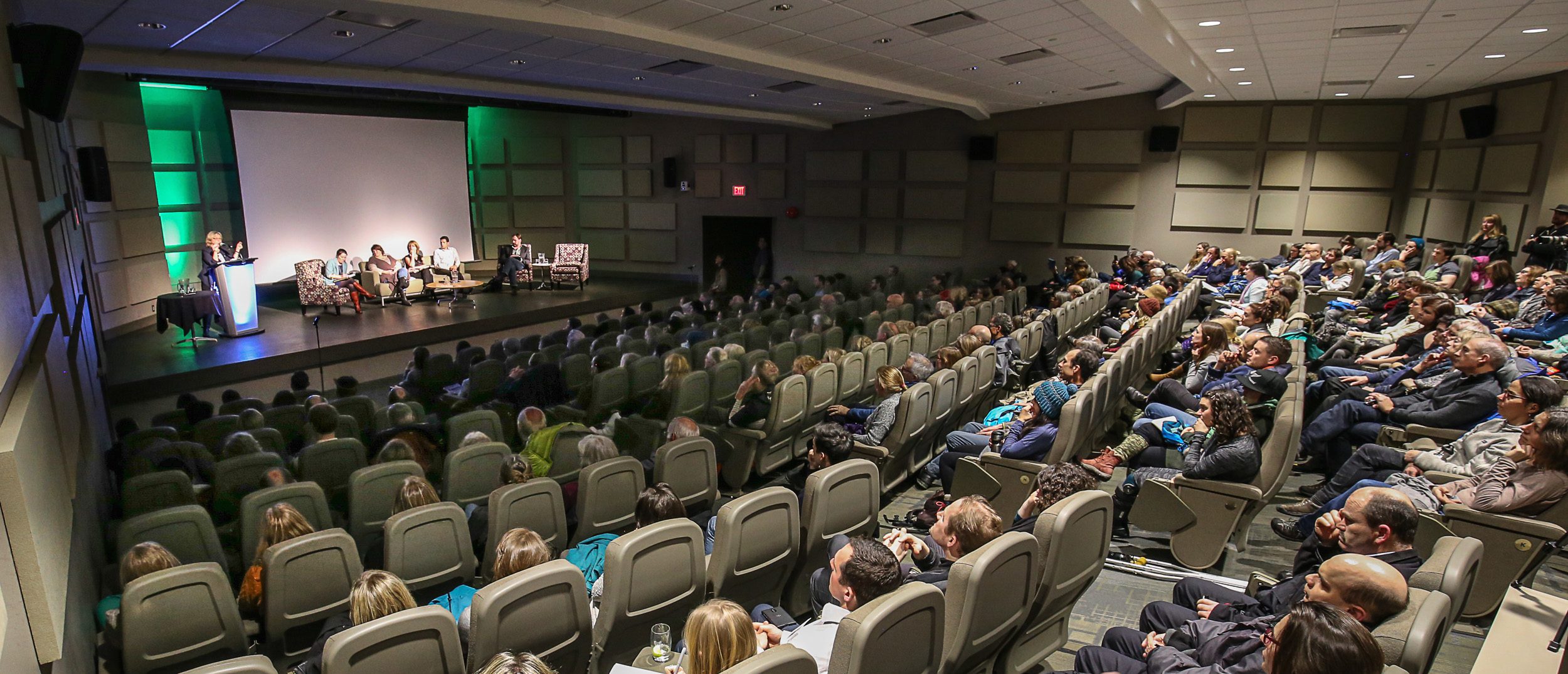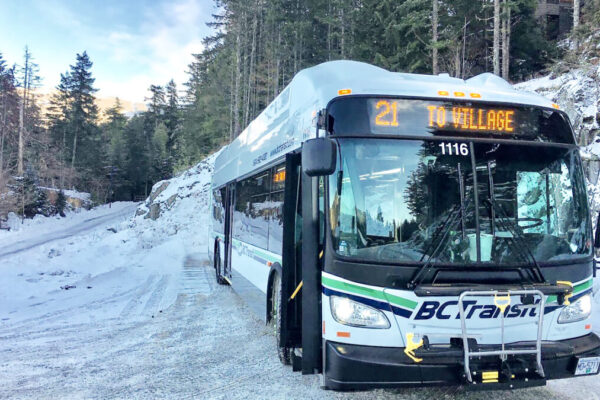The Climate Accountability campaign is an ongoing effort being spearheaded by West Coast Environmental Law and being supported by groups and citizens across BC. The campaign has seen multiple B.C. municipalities write to fossil fuel companies asking them to share in the costs associated with Climate Change.
In total, 16 municipalities in regions across the province, as well as the Association of Vancouver Island and Coastal Communities (AVICC), representing 53 local governments, have comited to sending climate accountability letters. Nearby communities involved include Victoria, Saanich, Squamish and on Dec. 10, the District of West Vancouver posted an open letter to all fossil fuel companies.
Fossil fuel sector advocates are responding to the climate accountability letters which is unsurprising given the well funded historical lobbying efforts but also the current realities facing the sector. We can see that the fossil fuel sector is itself diversifying portfolios to include clean energy solutions through choice, in recognition that fossil fuel use is not sustainable.

January 2016 – Elizabeth May joined a full auditorium to highlight the global commitments made at the COP 21 UN Climate Conference in Paris, accompanied by Sea-to-Sky Mayors and MLA Jordan Sturdy to discuss the need for community scale action to achieve these shared global goals.
So what do we see as key points in this important conversation (in no particular order)…
We have to take urgent action on climate change – as governments, businesses, communities, and individuals.
This is about sharing costs.The global community recognizes the climate impacts of fossil fuel use. As with most societal issues there is no singular solution. As society transitions away from fossil fuels we need to shift societal systems and behaviours. Opportunities to transition away from fossil fuels are gradually being mainstreamed-everything from increasing transit use, to supporting electric vehicles, to public behaviour change campaigns. As we grapple to cover the costs of these efforts and the costs of adapting to the reality of climate change should corporations not share in those costs? How do we decide what their fair share is? If fossil fuel companies pay none of the costs associated with their products, what incentives do they have to transition to other energy sources? There is precedent for similar cost accountability initiatives.Society is increasingly recognizing that corporations need to share costs related to the impacts of their activities. Governments and the justice system have a vital role in ensuring the long-term well being of society and the environment. Easy examples of societal cost recovery include decades of work to hold cigarette companies accountable for costs downloaded onto the healthcare system or more recently, B.C. Attorney General David Eby’s announcement of a lawsuit against over 40 pharmaceutical companies to reclaim costs associated with the ongoing opioid crisis. Whistler is and will share the costs.Whistler has long recognized the variety of impacts that come from being a resort community. This recognition is in part what led to Whistler being an early adopter of community-scale sustainability planning in the early 2000’s. We have excelled in many areas because we recognize the need to counter our impacts in others and because we see the unique opportunity (and responsibility) we have to share solutions that work with guests from all over the world. Like much of the world we are still utterly dependent on fossil fuels, unsustainable and have a long way to go. Whistler, its taxpayers and guests will inevitably pay for the impacts of climate change, as will other communities, but governments of all levels have a financial responsibility to ensure that these costs don’t fall solely on its taxpayers and that companies that have made billions of dollars of profits from selling the products that give rise to climate change pay their fair share as well. |
Why Ask For Climate Accountability?
The economic impacts of climate change are being felt most acutely at the local government level, as municipalities grapple with how to cover the growing costs of mitigating and adapting to the impacts of the changes we have caused in our climate. As the Whistler climate accountability letter identifies, the costs of climate change to our community are already in the millions of dollars, and these costs will rise.
The Climate Accountability Letters campaign is about recognizing that companies have a responsibility to share the ‘true costs’ of the activities they undertake instead of simply downloading costs to communities. This is not to say that they should pay 100%, or that taxpayers should pay nothing. Rather, it is to say that taxpayers should not pay 100% while corporations which have profited from these products pay nothing.
The 20 largest fossil fuel companies (in terms of their GHG emissions) are responsible, through their operations and products, for 29.4% of human-caused GHG emissions. Terry Etam, an energy writer who wrote an open letter to Whistler’s Mayor creates a false choice – suggesting that either consumers are 100% responsible for climate change or the fossil fuel industry is 100%. The reality is more complicated – with both playing a role and bearing some responsibility. However, fossil fuel companies have known since the 1960s that their products would cause climate change impacts. As an industry, they chose to expand and make massive profits, while lobbying against climate action and failing to develop renewable energy alternatives.
Etam’s letter posted on the BOE Report* overlooks the fact that we all need to capitalize on the opportunities we have to advance climate action at the same time as we find solutions to everyday actions that are moving us in the wrong direction. It actually calls out local transportation solutions designed to help residents and guests reduce reliance on private vehicles – work which supports both local greenhouse gas reduction and guest experience strategies.

In November of 2018, Gwynne Dyer shared his views on the global geo-political contexts of climate change with Whistler.
So lets ‘drill’ into the fundamental question here – As communities look at all of the actions we need to take to mitigate and adapt to our changed climate and as we have conversations about the growing costs relating to climate change – why wouldn’t we ask fossil fuel companies to share these costs?
Review the materials:
- Review the Letter to Premier Horgan issued in July 2018 by over 50 ENGO’s asking the Premier to hold global fossil fuel companies accountable for climate change-related harm and costs that occur in British Columbia.
- Review the Climate Accountability Letters request sent to Whistler Council in August 2018
*NB: the BOE website highlights a “purpose of promoting the voice of energy across the country and to provide a list of engaging articles as a resource for Canadians to get relevant information of the country’s oil and gas industry”.
Photo by Sahar Mann on Unsplash






